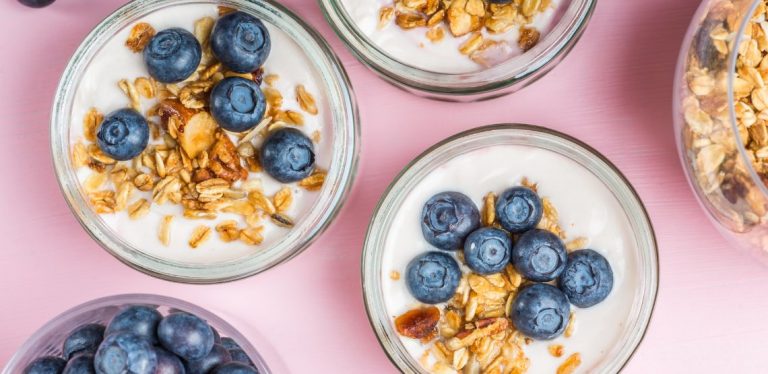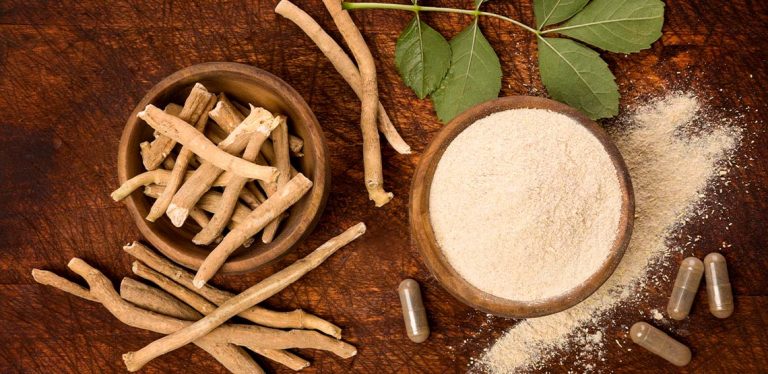Foods for Overactive Bladder
You may think that your liquid intake determines your bladder comfort, but that is only part of the story. In fact, what you eat (and do not eat) can have just as much impact on how your bladder operates and how your OAB responds, so it might be time to revamp your daily diet to incorporate foods for overactive bladder. So, let's take a look at the best foods for overactive bladder.
As with most chronic conditions, balance is your best friend when managing OAB; learning how to get a range of nutrients, stay hydrated, and enjoy your diet will make a big difference in your daily symptoms. Start with a few small additions to see how your bladder reacts, and eventually work in all of these healthy, bladder-friendly foods.
1. Non-Citrus Fruits
Fruits and veggies are brimming with healthy compounds that belong in every OAB meal plan, but for many people, the acid in citrus fruit is a bladder irritant. Oranges, lemon, grapefruit, and limes are obvious culprits, but tomatoes and tart grapes are equally bothersome; stick to low-acid berries, melons, and orchard fruits like apples, pears, peaches, and plums for lots of fiber without the bladder discomfort. In fact, plums appear to be particularly bladder-friendly, and since they are also great for digestion – stock up when they are in season (and turn to prunes when you cannot get fresh plums).
2. Leafy Green Veggies
Most vegetables are good for everyone, but some are even better for kidney function and digestion. Leafy green plants like spinach, chard, mustard greens, and kale support the healthy growth of epithelial tissue, which lines the kidneys and urinary tract.
But perhaps even more important for OAB sufferers, these greens are full of insoluble fiber, and that can make a big difference when it comes to bladder comfort. When you are constipated, full intestines can begin to put a good deal of pressure on the bladder, and that will surely exacerbate OAB symptoms. Upping your intake of insoluble fiber can have a laxative effect, which moves everything quickly and easily through your digestive tract.
3. Oats
A healthy OAB diet should include both soluble and insoluble fibers, and oats are a great source of the soluble variety. By soaking up water and forming a gel in the digestive tract, soluble fiber slows the digestive process, keeping you full for longer. It uses excess water, which means it takes less to fill your bladder and trigger OAB symptoms after the meal. Low in fat and high in a variety of minerals, a helping of oats can also add healthy, low-calorie bulk to meals and treats. Also, think about swapping steel cut oats for breadcrumbs in savory dishes, or quick-cooking oats for flour in muffins and crumbly toppings.
4. Olive Oil
It’s no secret that saturated fat is calorie-dense (with around 9 calories in every gram), and too much of it will inevitably lead to weight gain. Carrying too much extra weight is hard on every part of your body, including your bladder. Unfortunately, extra pounds around your abdomen will push against your organs, and that compression is bound to increase feelings of urgency and incontinence. However, not all fat is created equal; some sorts may even help your OAB symptoms. Monounsaturated fats are found in natural oils avocadoes, and nuts, and these compounds can actually help you lose weight, plus they may even soothe the bladder.
Related Search Topics (Ads)
5. Water
Drinking water may seem like a contradiction when it comes to avoiding embarrassing leaks, but it is actually one of the most important parts of your OAB diet. The key is to get the ratio right; too much water will almost certainly increase your urge to urinate, but not enough can concentrate your urine so much that it begins to irritate the bladder and encourage the growth of infection-causing bacteria. Find a good balance by sipping on small glasses of water throughout the day, preferably in between meals when your focus is not elsewhere and you can track how much you are taking in. Your urine should be very light yellow or nearly colorless. If it looks dark or cloudy, see your doctor to check for a UTI.
6. Cranberries
When you suffer from OAB, you may be more prone to urinary tract infections (UTIs), especially if you limit your liquid intake in an attempt to manage the urgency. You can help prevent against UTIs by adding some cranberries to your diet.
The particular tannin found in these tart berries prevents bacteria from building up and sticking to the bladder walls. Blueberries have some of the same helpful compound, so you can throw some of each onto your morning bowl of cereal, or add a splash of cranberry juice (not sugar-spiked cranberry cocktail) into a smoothie.
7. Yogurt
It might not be a fiber heavyweight, but yogurt can provide a big helping of probiotics, and those will help keep your digestion running smoothly. Like fiber, yogurt can ward off constipation, which will in turn relieve pressure from the bladder, but you will get the most benefit from the unsweetened, less processed variety.
Plain yogurt can also be a less acidic substitute for some bladder irritants like vinegar in salad dressings and tomatoes in pasta sauce. Or, whip up a creamy dressing or faux-alfredo for a rich and healthy upgrade that will leave your bladder feeling better.
8. Fresh Herbs
While herbs themselves may not have a noticeable positive impact on your OAB, they make great substitutions for two major bladder irritants: spice and salt.
Not everyone suffers to the same degree, but many OAB patients report that things like chili, wasabi, and pepper bother their bladder. Salty foods will increase your thirst and cause the body to retain water, which is hard on the kidneys and can lead to more urine.
One easy way to sidestep both problems is by swapping out pungent spices and salt for fresh, aromatic herbs, like basil, thyme, and rosemary. Parsley is a particularly good pick, since it seems to bolster bladder health (it is a traditional remedy for urinary tract infections).
In Summary
Although a new diet will not cure your OAB, it can help you develop a bit more control over your symptoms, and that can have a larger impact on your quality of life than you might imagine. Learning how and when to restrict certain foods is just as important as adding in the right ingredients, so pay close attention to your bladder response, and record the patterns you notice in a daily food journal. Understanding your particular set of symptoms will help you craft a better treatment approach.

